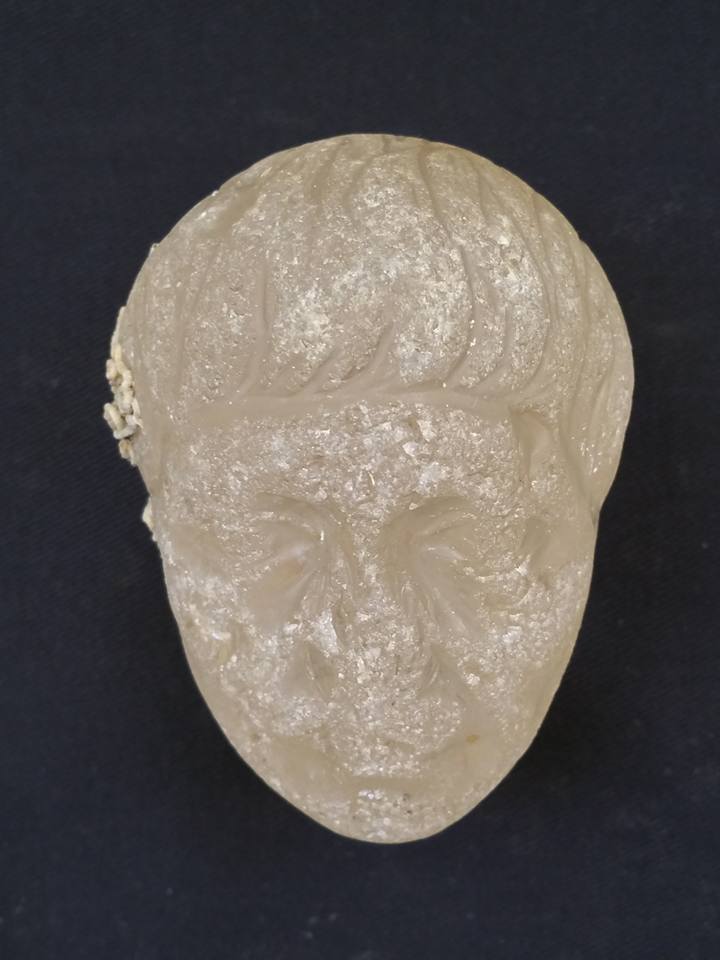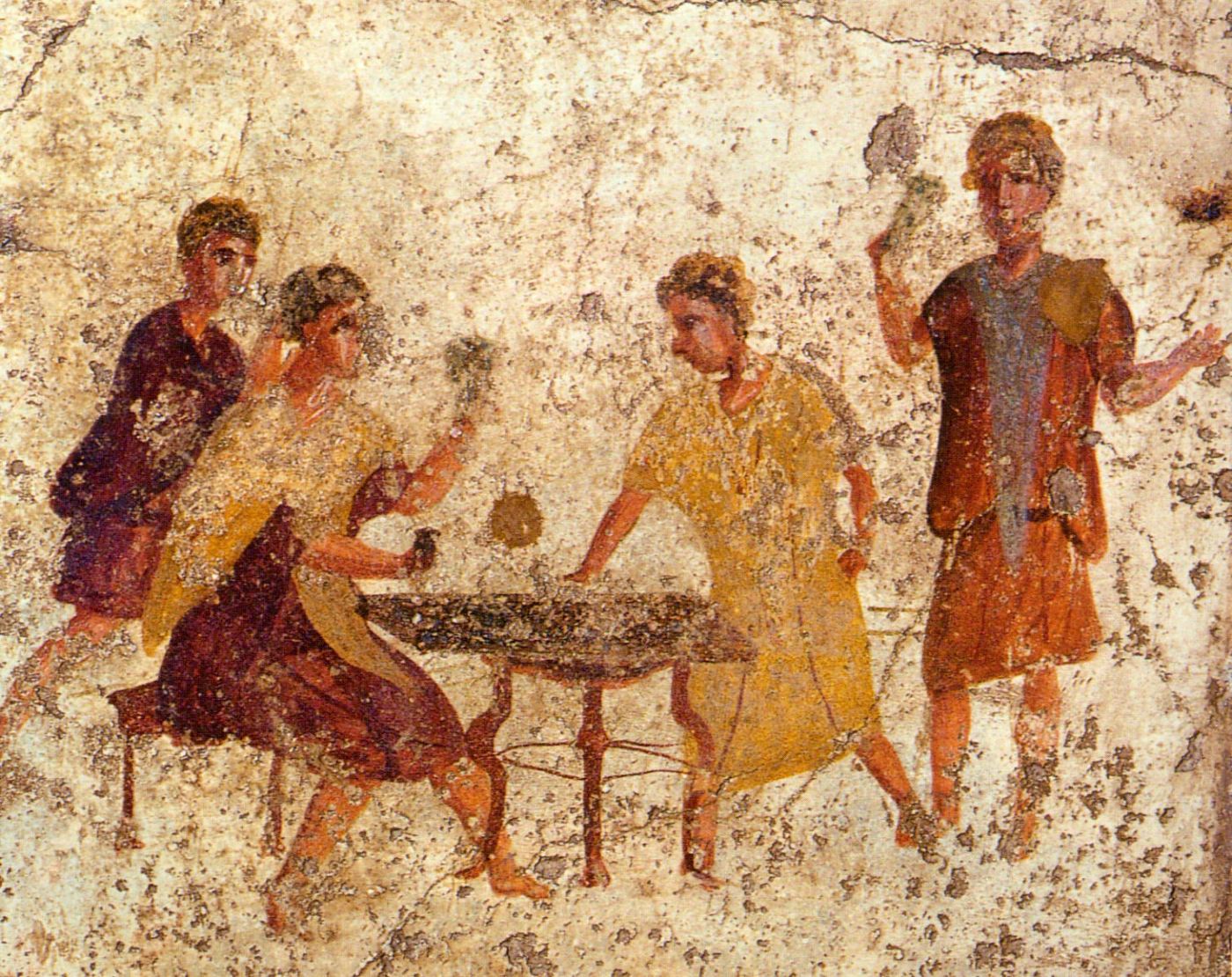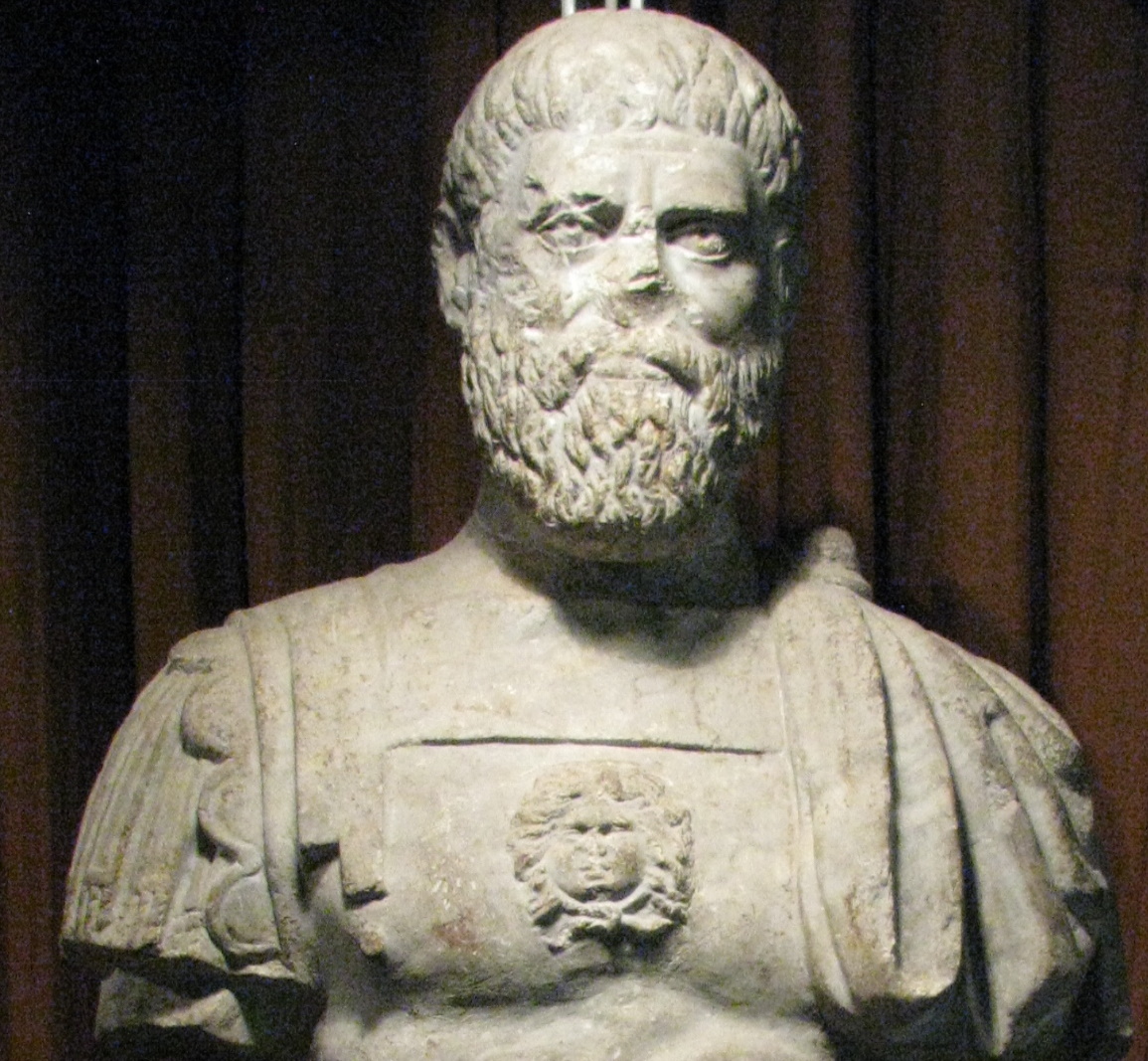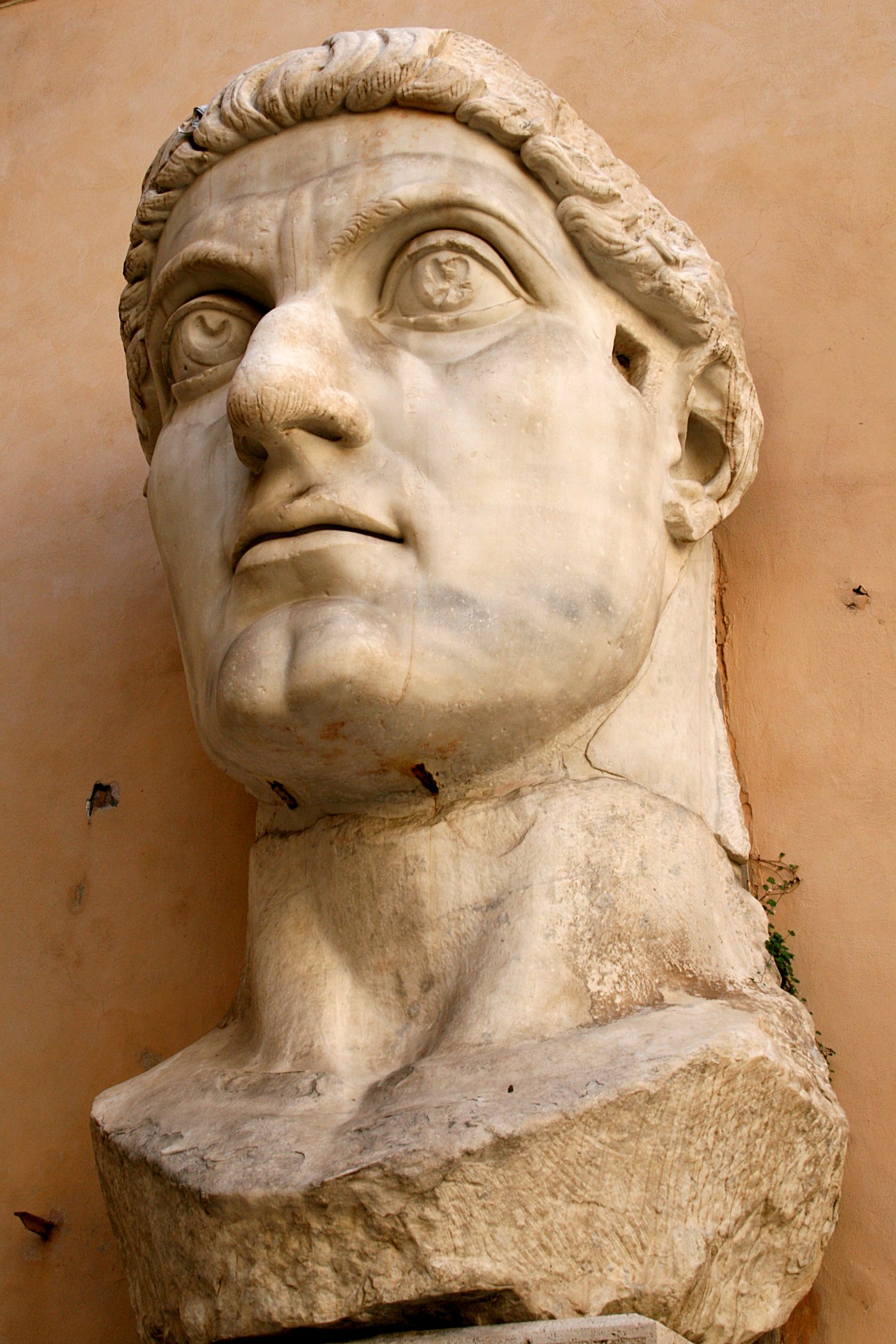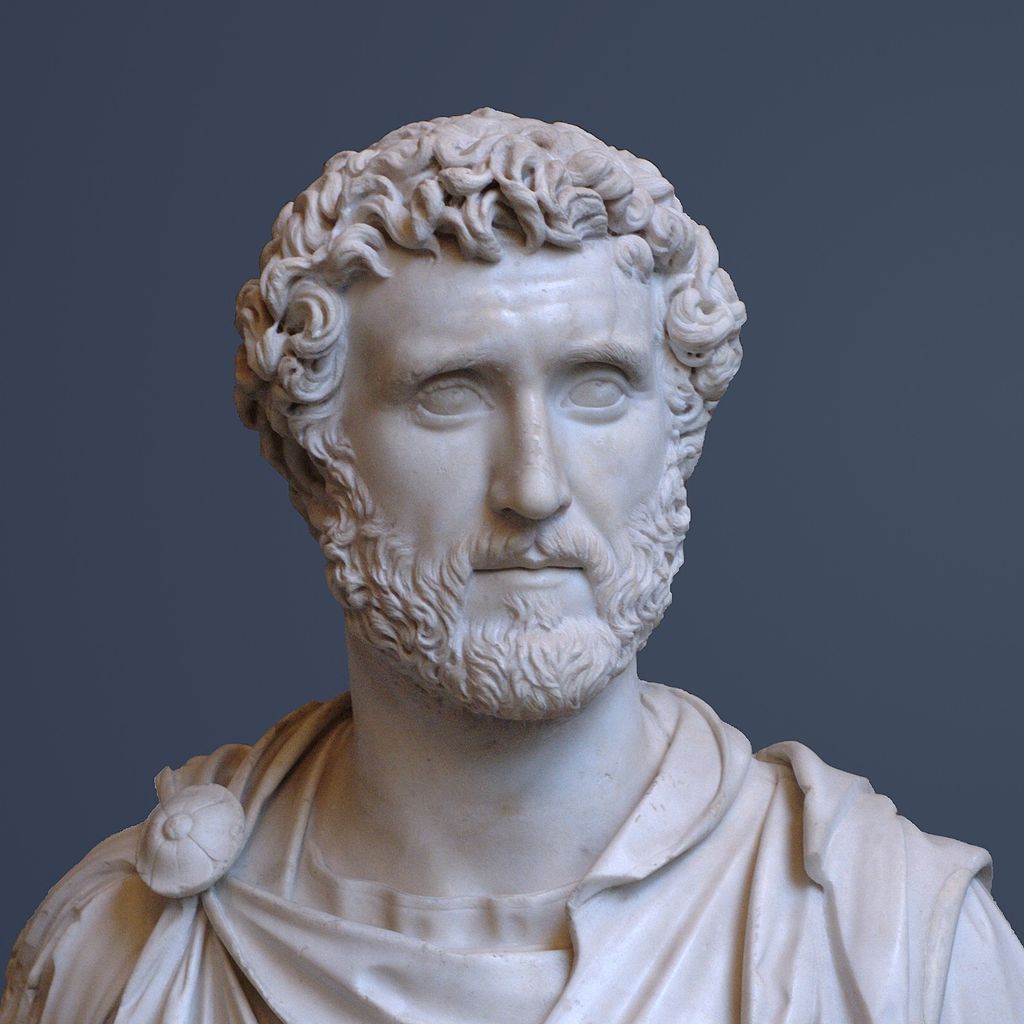Dr Mostafa Waziri the head of the Supreme Council of Antiquities has reported that archaeologists have uncovered the remains of three Roman shipwrecks discovered in Abu Qir bay, Alexandria Egypt.
On This Day – 17 December
The Ancient Romans celebrated the beginning of the Saturnalia with a festival in honour of Saturnus, the god of seed and sowing.
9 August
Trajan, who is even today regarded by many as the optimus princeps (the best of emperors), died after a lengthy illness that started while he was travelling back to Rome early 117. He died in Selinus, Cilicia, leaving the succession in doubt. Continue reading “AD 117 – The Death of the Roman Emperor Trajan”
On this day – 1 August
Pertinax the 19th emperor of the Roman Empire was born. Pertinax was the son of a freed slave yet managed to rise to the highest available position in the Empire, albeit for a very short time.
Continue reading “AD 126 The Roman Emperor Pertinax was born”
26 July
Constantine I, also known as Constantine the Great became emperor on this day when acclaimed emperor by his troops. Whilst he was campaigning against the Picts in Britain with his father. Continue reading “Constantine I Declared Emperor by his troops”
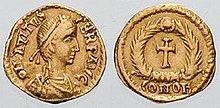
9 July
Eparchius Avitus Augustus was proclaimed Western Roman Emperor by Theodoric II after the death of his predecessor Petronius Maximus.
26 June
Augustus the first emperor of Rome adopts his step-son Tiberius ensuring the hereditary succession of the principate.
On this day 4 April A.D. 188: the Roman Emperor Caracalla was born. Continue reading “A.D. 188 the Roman Emperor Caracalla was born”
7 March AD 161: The Roman emperor Antoninus Pius dies after being emperor for 23 years, Continue reading “On this day: Antoninus Pius Dies”
